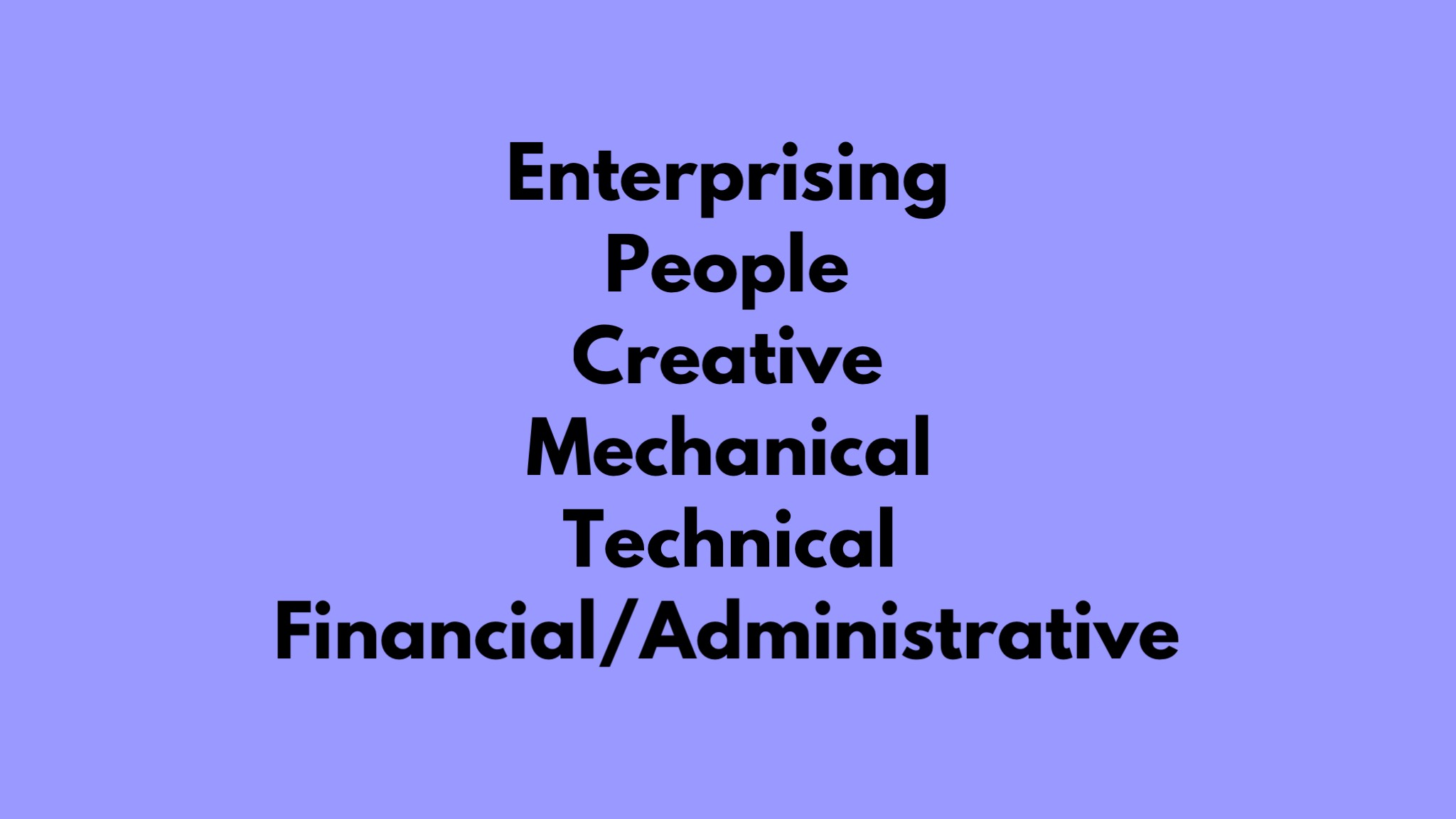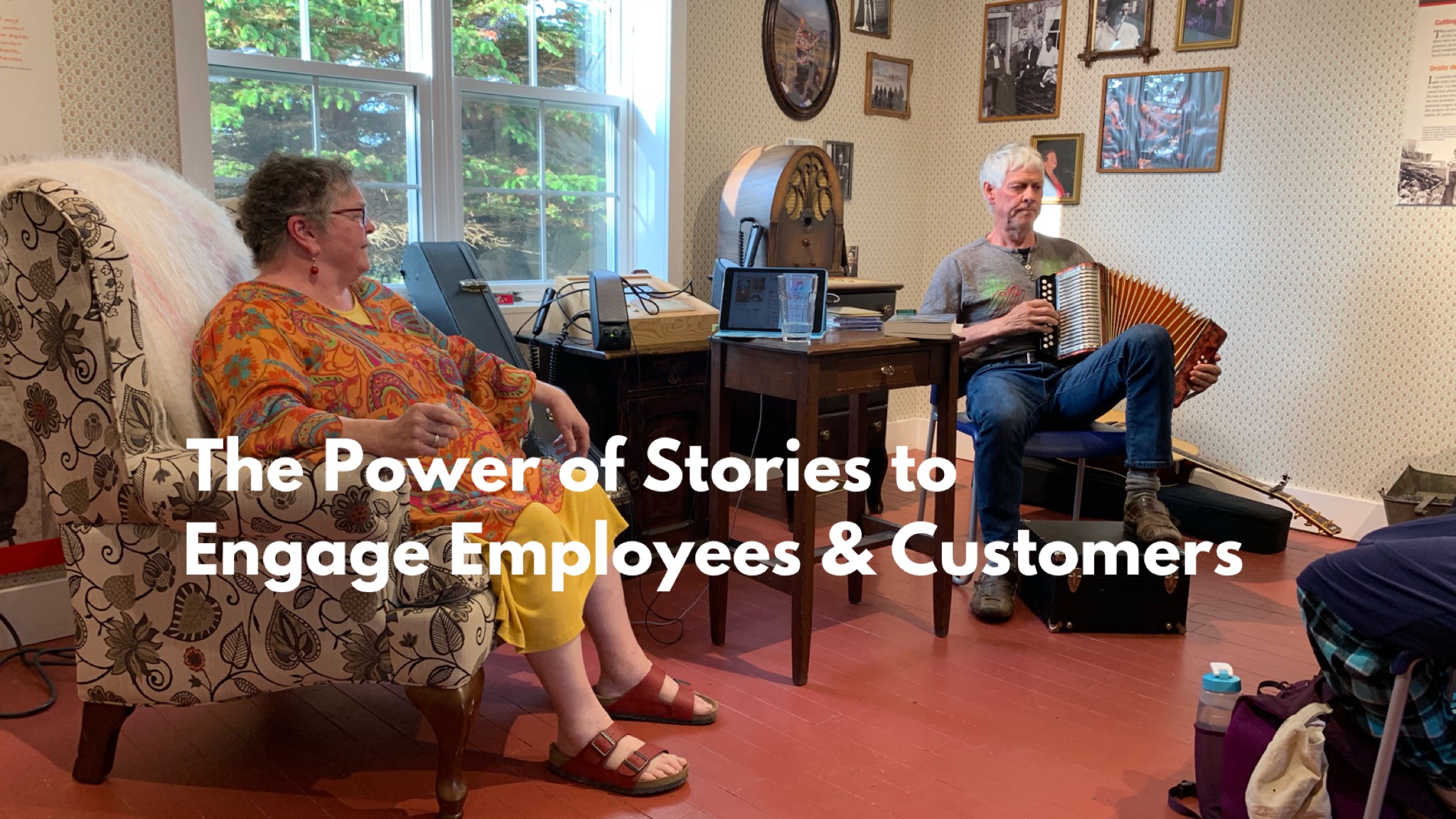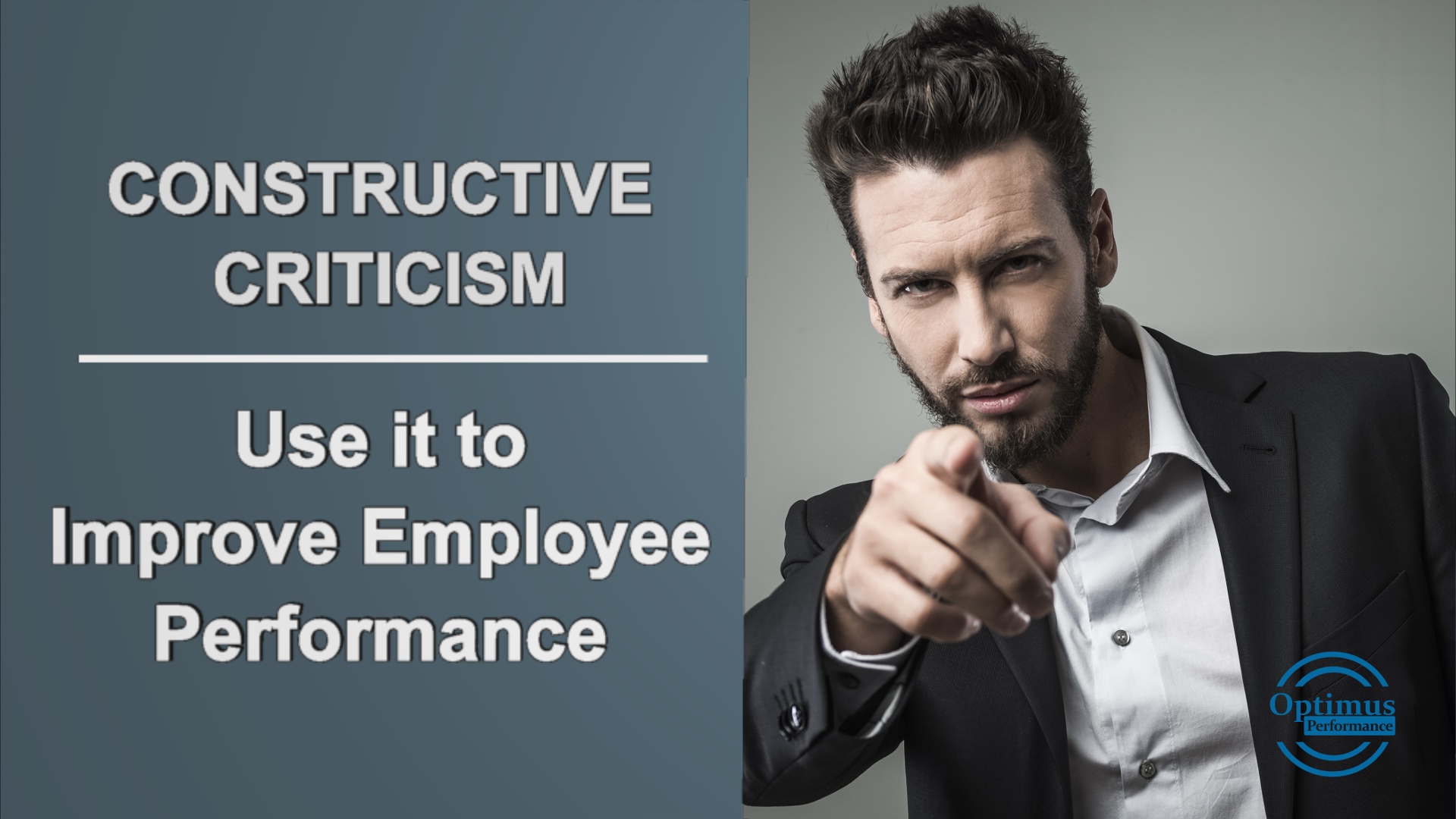I am on vacation travelling through Newfoundland and camping in different campgrounds throughout the province. I’m seeing how easy it is to greet and meet people because of common interests. Campers have a love of nature and the outdoors, so it is easy to strike up a conversation.
The connection with fellow campers goes deeper as you meet people who share specific interests such as hiking and other outdoor sports and activities. We even exchanged contact information with some people we met.
I find that because we share these interests it is natural to want to be friendly and help each other with information and problem solving.
The same is true in the workplace. When employees share a passion for the work they are doing they are more inclined to collaborate. They don’t need to be told to do this or have training on team collaboration. Of course team training skills is useful to prevent conflicts and also for teams to become autonomous.
So it is highly important to pay close attention to people’s interests when hiring. Make sure their top interests are aligned with the key tasks of the job.
We use the Profile XT Select assessment to help our clients hire the right person for the job. It measures people’s interests in six areas, enterprising, people, technical, creative, financial/administrative and mechanical. It also measures thinking style and behaviour making it a total person assessment. Matching these interests to a performance model for the job shows you how well the candidate fits the role.
Paying greater attention to interest if people when hiring will drive teamwork and collaboration.


